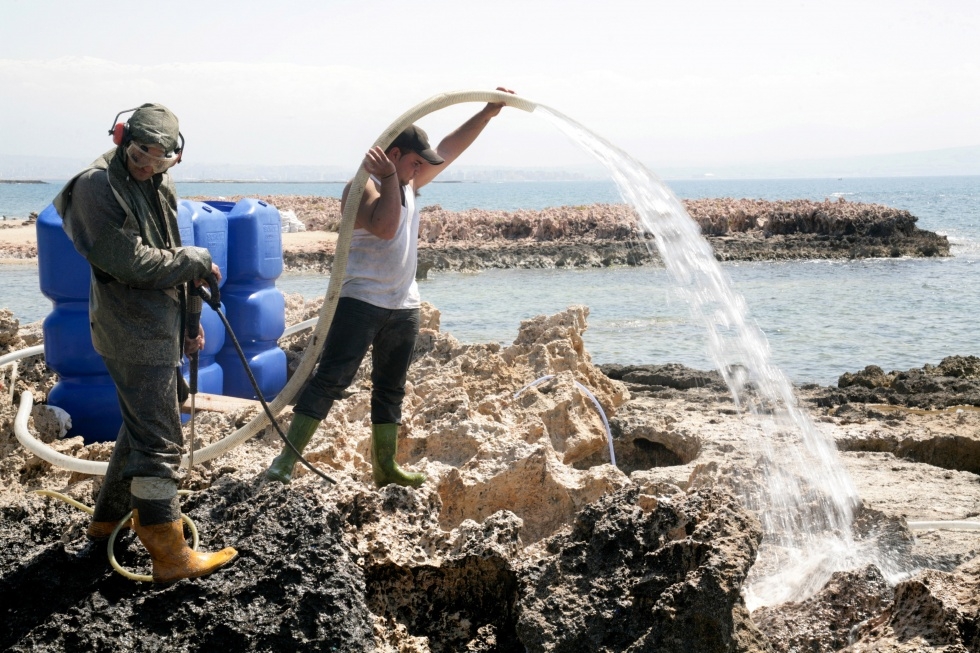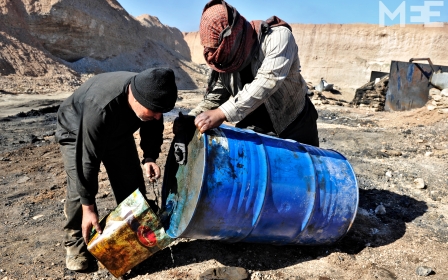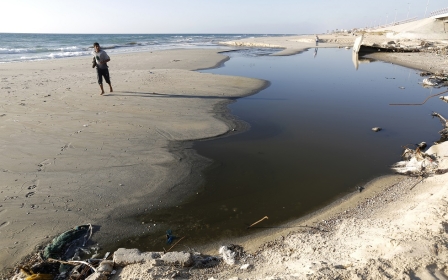UN asks Israel to pay $856mn for Lebanon oil spill

The UN General Assembly voted overwhelmingly late Friday to ask Israel to pay Lebanon $856mn for an oil spill caused by an Israeli air attack during the 2006 war against Hezbollah.
The spill occurred after Israeli jets bombed a Lebanese power station in the southern town of Jiyyeh in July 2006, releasing an estimated 15,000 tons of oil into the Mediterranean Sea which covered the entire Lebanese coastline and parts of the Syrian shore. At its peak, the spill stretched over 75 miles, according to BBC.
The UN had asked Israel to compensate Lebanon in the past, but Friday's resolution - which pass 170 to 6 with 3 abstentions- was the first time a price tag had been put on the incident.
The assembly's resolutions are not legally binding.
Israel's UN mission said the resolution, which it voted against, was biased against Israel.
"Israel immediately responded to the oil slick incident by cooperating closely with the United Nations Environment Programme, as well as other UN agencies and NGOs, addressing the environmental situation along the coast of Lebanon," the statement said.
"This resolution has long outlived the effects of the oil slick, and serves no purpose other than to contribute to institutionalising an anti-Israel agenda at the UN."
Nawaf Salam, Lebanon's UN ambassador, called the resolution "major progress" because it puts forward a figure for compensation, acknowledges the conclusions of a key report on the disaster released in August by UN Chief Ban Ki-Moon, and reaffirms the General Assembly's commitment to justice.
"We affirm that Lebanon will continue to mobilise all resources and resort to all legal means to see that this resolution is fully implemented, and that the specified compensation is paid promptly," Salam said.
New MEE newsletter: Jerusalem Dispatch
Sign up to get the latest insights and analysis on Israel-Palestine, alongside Turkey Unpacked and other MEE newsletters
Middle East Eye delivers independent and unrivalled coverage and analysis of the Middle East, North Africa and beyond. To learn more about republishing this content and the associated fees, please fill out this form. More about MEE can be found here.




